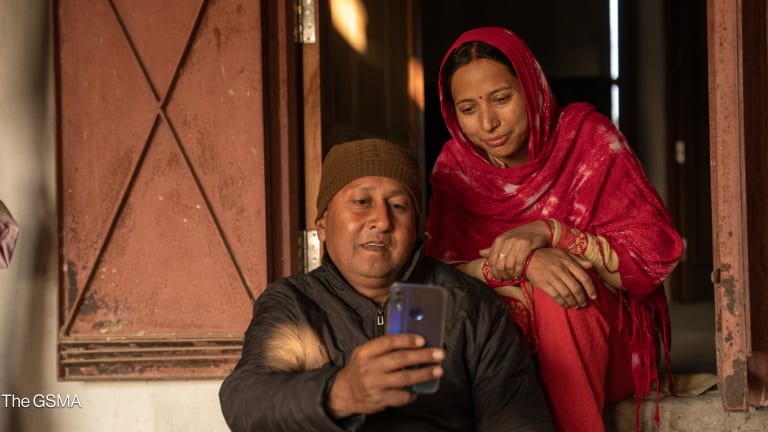An initiative to close the gender digital divide announced last year by United States Vice President Kamala Harris is gaining steam at this year’s U.N. General Assembly.
The Women in the Digital Economy Fund, or WiDEF, a $60 million initiative funded by the U.S. Agency for International Development and the Gates Foundation, last Friday announced two new partners to its roster: the India-based Reliance Foundation and the UPS Foundation. It also unveiled the 20 semifinalists that made the cut for WiDEF’s first funding round — 85% of which are women-led. It’s an elite cohort. The call for proposals was flooded with over 1,350 applications from 98 countries.
WiDEF also released a report detailing the state of women’s digital inclusion — and in many ways, it’s in a sorry state, with 244 million more men than women using the internet in 2023. And in low-income countries, just one-fifth of women have access to the internet compared with one-third of men.








